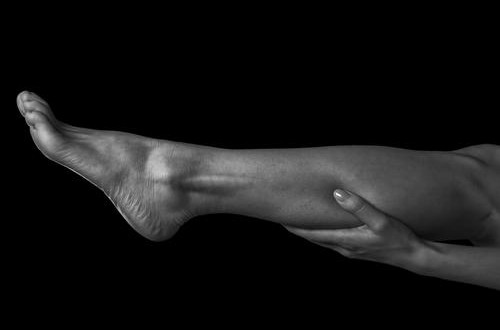An Ottawa doctor’s use of stem cells from a patient’s body has successfully treated people living with the rare neurological disease known as “Stiff Person Syndrome.”
Dr. Harold Atkins and a team from the Ottawa Hospital Research Institute succeeded in putting into remission two women who suffered from stiff person syndrome — a painful and rare disease that can leave people standing like tin soldiers and unable to move their bodies properly. Both of the patients have been symptom-free for two years.
The procedure involves taking blood-forming stem cells from a person’s own blood (autologous stem cells) and purifying them to remove misdirected immune cells. The patient’s immune system is then knocked out using chemotherapy before the stem cells are returned in an effort to regenerate the body’s immune system. Stem cells are young, immature cells that mature to become different types of specialized cells.
The procedure, which involves about a month in isolation while a patient’s immune system rebuilds, can be risky. There is a one-in-20 risk of death for patients who receive stem cell transplants for leukemia and lymphoma, according to Atkins.
Atkins said researchers were unsure what to expect with stiff person syndrome. “We went in with the feeling that the patients made a very good case about how devastating this disease was on their lives and they were willing to trust us with our technology. We thought if nothing else had worked, this might.”
The results of patients with stiff person syndrome are promising, but Atkins cautions that the two patients whose cases were published in the prestigious journal JAMA Neurology have just been in remission for two years.
“It is not a cure. We don’t know how long these remissions will last; it is just a few patients with a short follow. And there are risks associated with this procedure, it is not like taking a pill.”
Agencies/Canadajournal
 Canada Journal – News of the World Articles and videos to bring you the biggest Canadian news stories from across the country every day
Canada Journal – News of the World Articles and videos to bring you the biggest Canadian news stories from across the country every day



